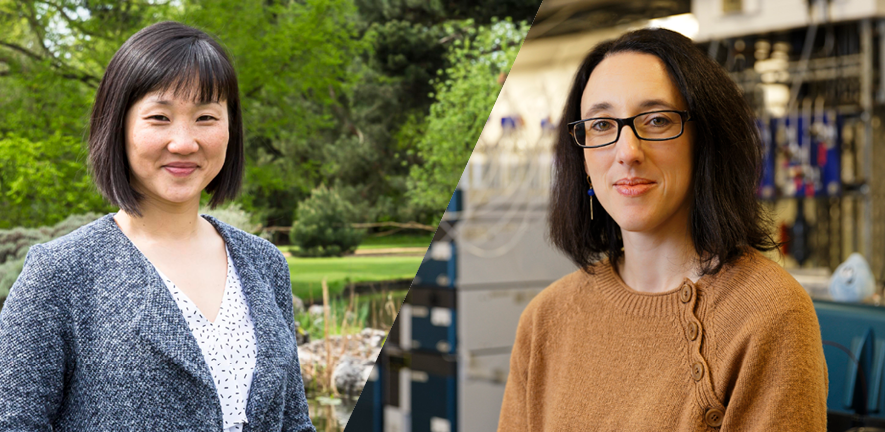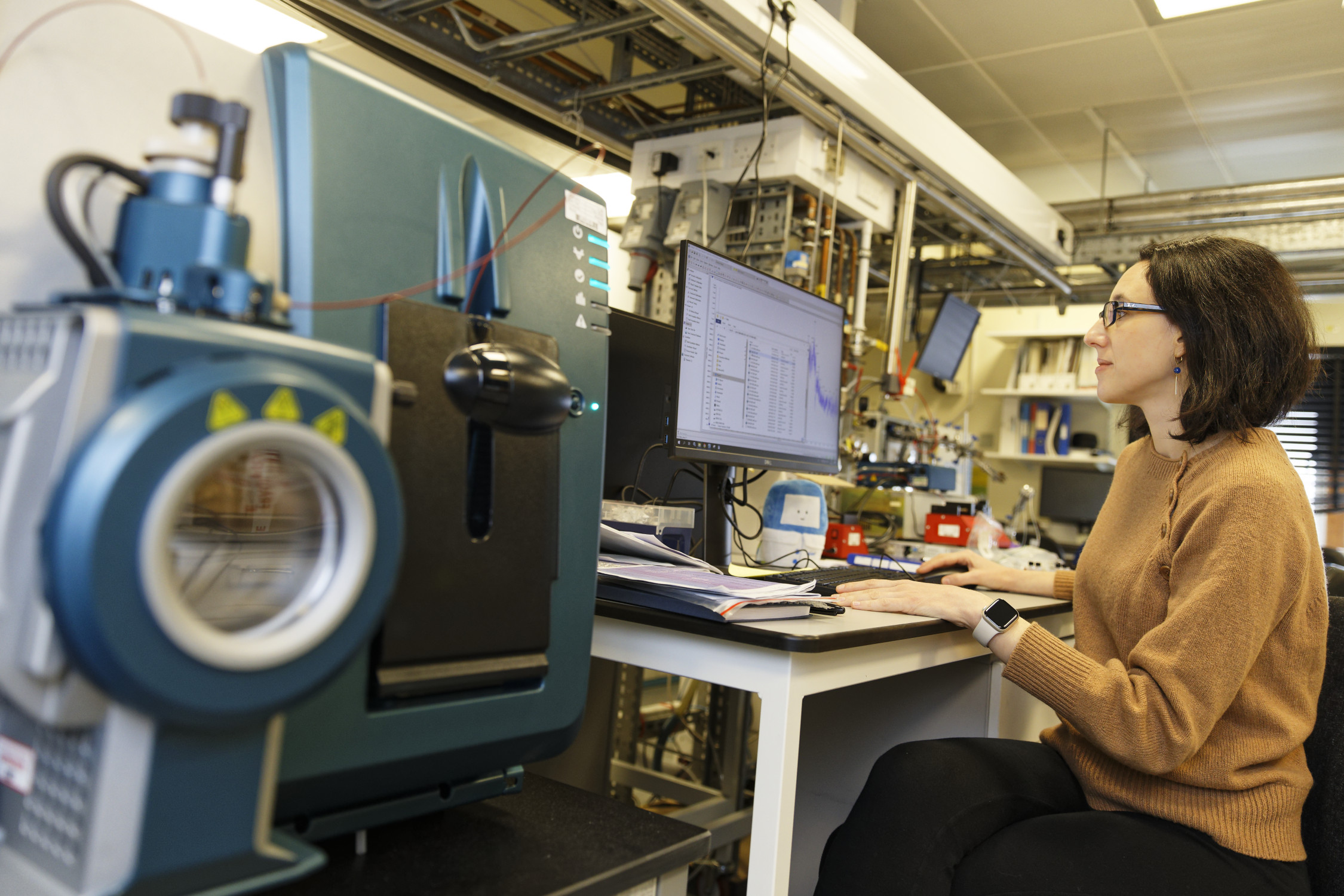
PhD student Libby Brown writes: A PhD is a steep learning curve. You arrive on day one, fresh-faced and bright-eyed, ready to take on the world of research. You soon learn, however, that science is hard. For every breakthrough, there are months if not years of failure and disappointment. Although I am only three years into research life, there are already things I wish I’d known at the beginning of my PhD. I spoke to Dr Chiara Giorio and Dr Jenny Zhang about the advice they wish they had received when they started their research careers.
Dr Jenny Zhang
Jenny completed her PhD at the University of Sydney in 2012, before joining the Department as a Marie Curie International Incoming Fellow. She is now a David Phillips Research Fellow with her own research group, which is investigating biohybrid approaches for energy conversion.
.jpg)
Jenny Zhang and Xiaolong Chen in lab taken by Gabriella Bocchetti.©University of Cambridge
Be brave and kind – to be a more robust and fulfilled scientist
Brave: It is okay to not always be confident, and having imposter syndrome can help you to develop competence before confidence. Be brave and do something that scares you. It is a good idea to put yourself out of your comfort zone and grasp opportunities that are presented to you.
Kind: Be kind to others. But more importantly, be kind to yourself. You will fail, fail and fail again but this is to be expected. It can take years to reach the polished form of who you want to be.
Work hard and develop a superpower
Find something (a skill, a topic) you love doing, and work hard to master it. This is something you will own and you can take it with you to bring value to other projects or paths.
Be cautious about all the advice you receive...
including this, recognising that everyone is speaking to you from
some combination of luck and privilege.
Jenny wanted to leave us with this quote from science journalist Ed Yong: Not all advice is useful – trust yourself, form your own opinions and develop confidence in your decisions.
Dr Chiara Giorio
Chiara completed her PhD at the University of Padua (Italy) in 2012. She conducted research in the UK, France and Italy before joining the Department in 2020 as an Atmospheric Chemistry Lecturer. Research in the Giorio group is focused on exploring the present and past of the Earth’s atmosphere.

Chiara Giorio C@C 66 taken by Nathan Pitt ©University of Cambridge
Make use of the Cambridge University Mentoring Scheme
The University of Cambridge has a wide range of academic, peer-to-peer and PhD/postdoc mentorship programmes. Talking to people with more experience than yourself can open your eyes to new opportunities and career possibilities, not just academic, that you may not even know exist.
Make a plan but leave room for manoeuvre
To succeed as a researcher, you must be organised. But you also must be able to adapt and explore options when things go wrong.
You don’t have to be full of ideas from the start
Many believe that to succeed as an academic you must be full of ideas throughout your PhD. However, ideas come with time and can develop later towards the end of your postgraduate research and throughout your postdoc. Accept that you will have lots of bad ideas along the way and read literature reviews to find knowledge gaps.
Failure and rejection are part of the game
Every good researcher has experienced failure. Don’t take it personally, pick yourself up and learn from your mistakes.
1/3 lab work, 1/3 reading, 1/3 writing
This advice is pretty self-explanatory. Research should not just consist of experiments. Make time for reading and writing too.
This article first appeared in Chem@Cam Issue 66. You can find the magazine online here.

